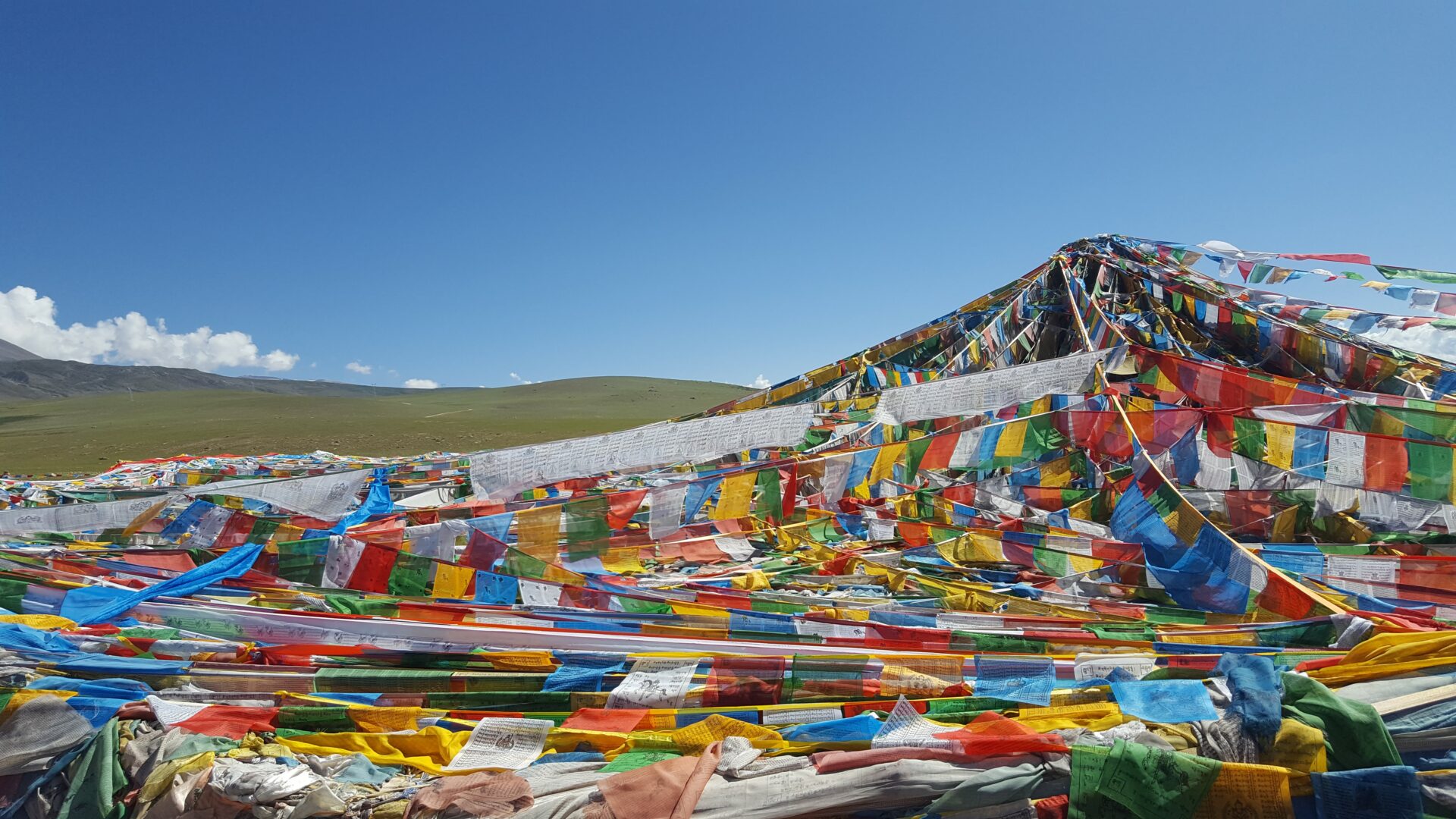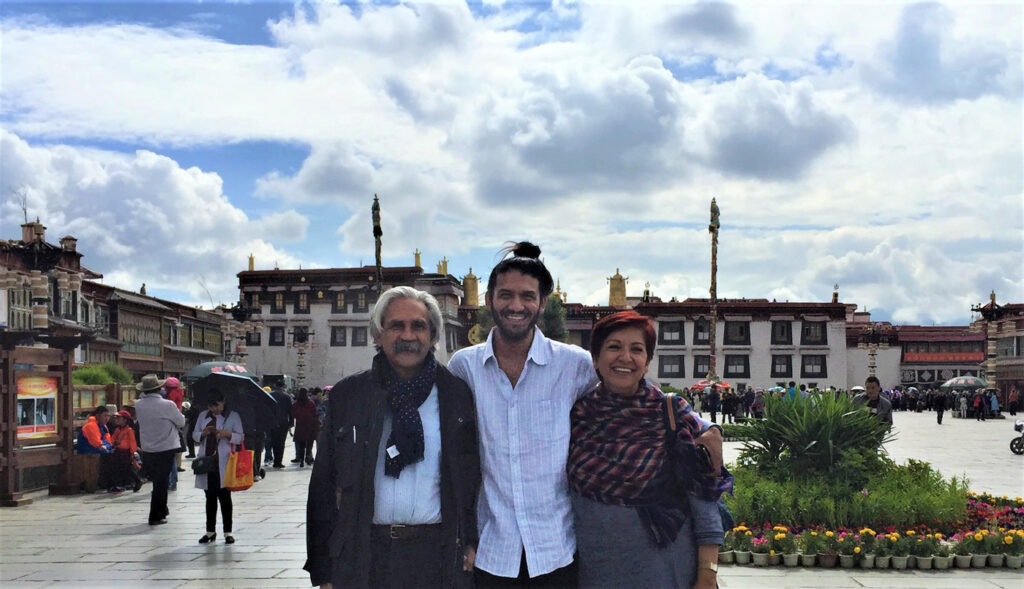What inspired you to apply your psychology and social science work to the environment?
Before Rare, I never intended to apply psychology to the environment.
I have always had two parallel interests: the cognitive sciences and politics and public policy. I spent much of my academic and research career looking for spaces where psychology could meaningfully contribute to developing better public policy—trying to understand how people make decisions, what factors influence those decisions, and what we can do to help people make better choices for themselves and society. I was particularly interested in problems where resource constraints prevent us from designing optimal policy through standard legislative or regulatory means.
For most of my doctoral research, I focused on the psychological underpinnings of liberal democracy. What factors influence our perceptions of corruption? How does electoral victory or defeat impact our perceptions of democratic legitimacy? How do perceptions of legitimacy affect our willingness to comply with the law voluntarily? Deeply concerned about the future of democracy, I had fully intended to continue working in that space.
However, it dawned on me that the current democratic crises were making political solutions to climate change highly unlikely, which was terrifying. It wasn’t just the climate catastrophe that worried me. As the climate got weirder, I became certain that we’d be unable to sustain democracies in most parts of the world. Climate change would simultaneously produce scarcity, insecurity, fear, and mass migration, which is the perfect set of ingredients to drive people to choose authoritarian governments. We saw a preview of this during the pandemic.
I realized that there’s no way to preserve liberal democracy without securing a stable climate. So, here I am, working on the environment.
What places have you been to that have inspired you?
By far, traveling to Tibet. With my parents a few years ago, I visited Lhasa and the countryside, including some of its holiest lakes and mountain passes. Tibet has long enticed me with its breathtaking beauty, the unbelievable art and architecture of the Potola Palace, and its deep and long-standing cultural bond with India. I feel a kinship towards the Tibetan people and heartbreak about the occupation that they’ve suffered for the last 70 years. I can’t wait to return someday to walk the famous pilgrimage known as the ‘Mount Kailash Manasarovar Yatra.

How about three people who inspire you?
This is a tough question, so indulge me as I give you answers that might sound cliche.
First, it’s my parents. They are the most fascinating, generous, and thoughtful people. They built a life that has sustained their relationship and provided for their children while giving full voice to their deep and abiding commitment to public service. At times, they have taken significant personal risks to stand up for what is right. This is not how most of us react when our self-interest and moral commitments conflict. Mostly, I am deeply inspired by them because they’ve never lost their sense of humor or adventure. I have been incredibly lucky to have them as role models.
Gandhi is second. Ever since Russia invaded Ukraine, I have been thinking a lot about him, and, by extension, the role of non-violent resistance in modern society. We often support non-violent resistance against forces that we know will show some modicum of restraint. But what would non-violent resistance look like when faced with an invading army or a seemingly irresistible or amoral force? The reason Gandhi has lately inspired me is simple. I believe that most of our political, social, or cultural problems arise from a lack of imagination rather than a lack of will (which is how we tend to see them). We struggle to imagine a future that looks radically different from our own. Gandhi, throughout his life, continued to reimagine the basic assumptions of the society around him. He could see what was invisible to others. And he used his radical imagination to broaden the scope of what was considered possible in his time.

What book(s) are currently on your nightstand?
Debt and Herzog. Debt: The First 5000 Years, by David Graeber, is just phenomenal non-fiction—a lucid, sometimes funny, often heartbreaking anthropological history of debt from early Mesopotamia in 3500 BC until now.
For fiction, it’s Saul Bellows’ Herzog. After years spent pursuing a Ph.D. at the University of Chicago, Bellow’s characters (literary sorts prone to over-intellectualizing) and his scenes (intertwined with Chicago, often situated in its “Hyde Park” neighborhood) feel wonderfully funny and close to home.
Why did you join Rare?
One of Rare’s most compelling factors was its deep commitment to science. Since I joined, I have seen this re-affirmed many times, and I couldn’t be happier with my decision. Also, I loved the photos of scuba divers on the home page.